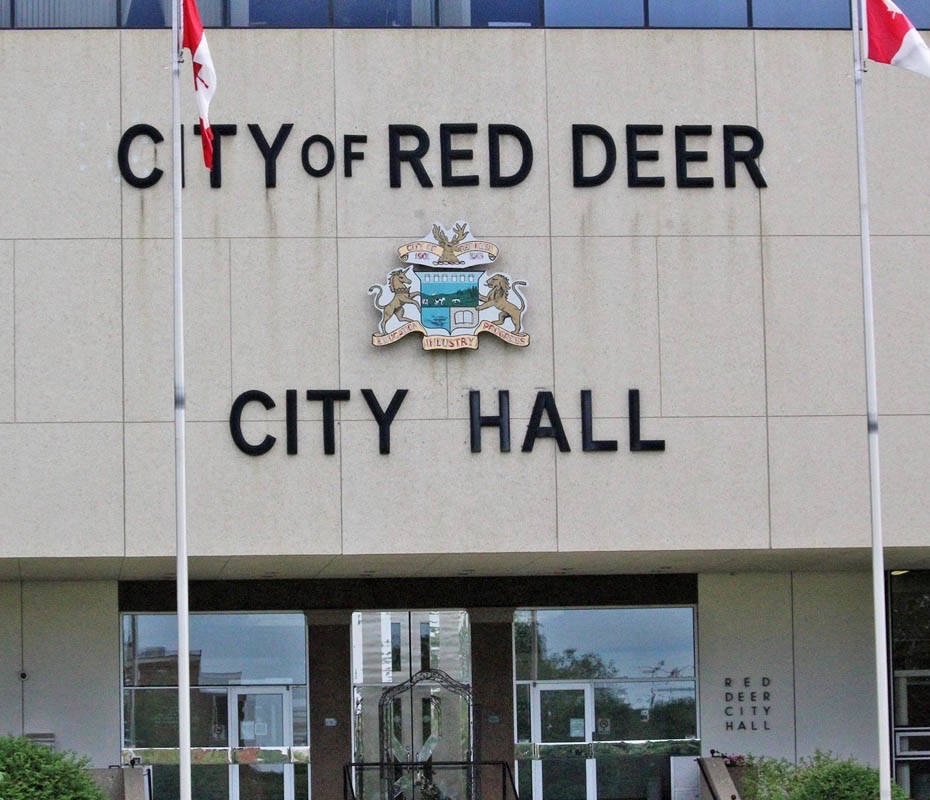On Dec. 1st, City council approved an $80.7 million capital budget after three days of deliberation, which was over $300,000 less than originally anticipated.
“This really was reflective of the fact that we are realizing the full effects of the provincial recession. Often at the onset of a recession there is a two-year lag factor for municipal governments and that certainly rang true very much so this year,” said Mayor Tara Veer.
The Capital Budget includes projects that will take place in 2018, or projects that require additional funding from previous years.
The 2018 Capital Budget concentrates on adjusting to the new financial reality. Some of the items passed during Council deliberations include:
– Infrastructure replacement and rehabilitation projects including Crown Paving, roadway reconstruction and stormwater infrastructure.
– Current growth projects are focused within the current City growth area and include approved projects such as Waste Management infrastructure, and Hwy. 11A sanitary trunk extension.
– Future growth projects prepare the City for the new growth area and include approved projects such as storm offsite projects.
– Community amenity projects included approved projects such as Bower Ponds node enhancements and sports fields upgrades.
When council was projecting the 2018 Capital Budget last year, it was anticipated to be $110 million, which was also a pared-down budget.
“That really is a direct reflection of our economy. We still have a responsibility to look after our City infrastructure and to move our community forward but this budget does that with the economy first and foremost in mind,” said Veer.
With the approval of the Capital Budget, the City’s estimated debt limit sits at 58% which is below the 75% debt limit set by council.
“When we developed this budget for council’s consideration, we focused on sustainability for our community and kept the current economic reality at top of mind,” said City Manager Craig Curtis.
“The reality is growth was slower for Red Deer over the last few years, and recognizing this, we recommended a capital budget that is $29 million less than what we proposed in 2017 while putting forward a plan that respects council’s direction, vision and budget guidelines surrounding debt limit and tax increases.”
Along with the 2018 Capital Budget, council approved the 2019-2027, $1.3 billion Capital Plan in principle allowing the flexibility for administration to adjust the priorities outlined in the plan based on community need and project funding.
“A project’s inclusion in the capital plan does not mean that it is necessarily going ahead, it simply means that the City is considering it, planning for it, and looking at financing options,” said Curtis.
“We plan projects well into the future based on council direction, community needs and funding.”
Among the many approved items was the Servus Arena and pickleball court.
City council decided to open the new Servus Arena in January ahead of the anticipated opening of summer 2018.
Construction of the Servus Arena project is still underway, however, the project is approximately six months ahead of schedule.
City administration brought forward a budget request to council to consider open the facility in January 2018, with a net operating impact of $41,920.
“Although the project is ahead of schedule there is still work to be done before the arena can open to the public and user groups. There are small things we need to complete prior to opening and we are excited to welcome the community into the Servus Arena in the New Year,” said Shelley Gagnon, manager of recreation, parks and culture.
The public is invited to see the new Servus Arena during the official opening on Saturday, Jan. 13th.
The official ceremony will begin at 12 p.m. and family fun activities will be underway until 3 p.m.
Also approved Dec. 1st was a pickleball court. Councillor Ken Johnston said he wanted to see pickleball moved back into the 2018 budget.
There is currently a site in the Pines neighbourhood, but council has moved money over from 2019 to 2018, and consultations will need to occur with the community for site selection, and a report will come back once a site is selected.
“It did come down to a balance between the peace and enjoyment of a neighbourhood versus an exploding sport versus a sport that’s becoming more and more popular and in such proximity in the Pines neighbourhood,” said Johnston.
He added there was discordance between the two groups, and complicating that was opportunities for tournaments, economic development and opportunities for tourism that were continuing to strain the peace and enjoyment in the neighbourhood.
“I thought we did the responsible thing reacting to the neighbourhood concerns, reacting to the needs and desires of an organization that is putting up some of their own money. To put us in that direction was a wonderful balance and a wonderful win,” he said.



